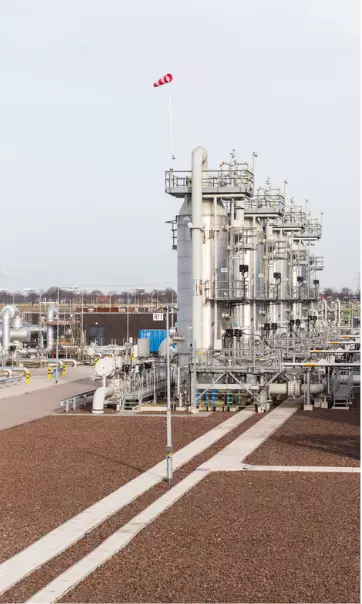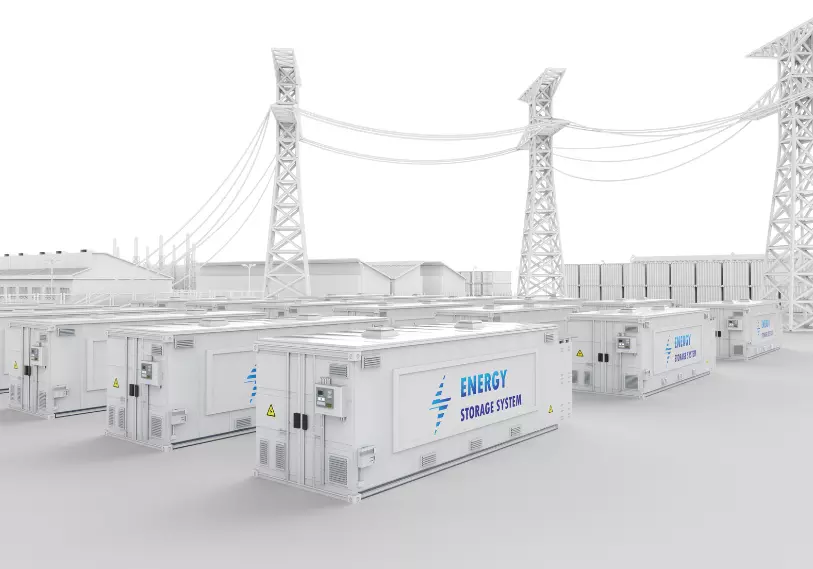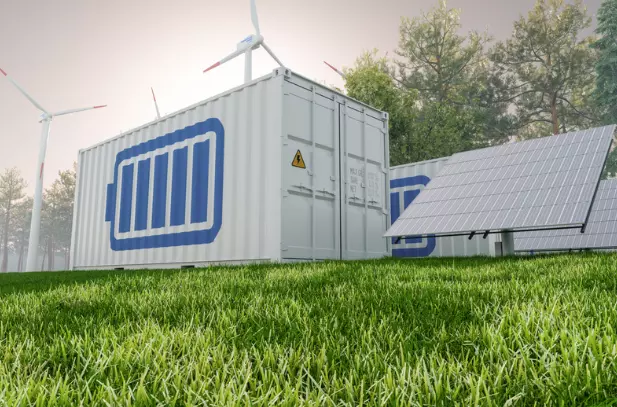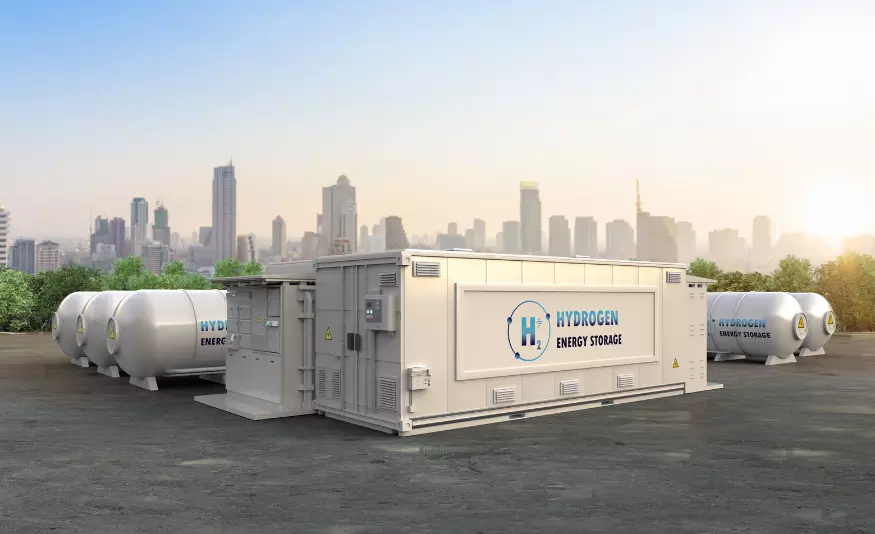Future Developments and Trends in Energy Storage Systems
Energy storage systems (ESS) are rapidly evolving to meet the growing demands of the modern energy landscape. As renewable energy integration, electrification of transportation, and grid modernization continue to gain momentum, there is a pressing need for advancements in energy storage technologies. This page explores the future developments and trends in energy storage systems that are poised to revolutionize the way we generate, store, and utilize electricity.
Future Developments and Trends
Future developments and trends in energy storage systems are poised to revolutionise the way we generate and consume energy. As renewable energy sources like solar and wind continue to gain traction, the need for efficient and reliable energy storage becomes increasingly crucial. One promising development is the advancement of battery technology. Lithium-ion batteries, already widely used, are expected to become more affordable, longer-lasting, and environmentally friendly. Researchers are actively working on improving their energy density, cycle life, and safety features. Moreover, there is a growing interest in exploring alternative battery chemistries such as solid-state batteries, which offer the potential for even higher energy densities, faster charging rates, and enhanced safety compared to traditional lithium-ion batteries.
Smart Grids and Microgrids
The integration of energy storage systems with smart grids and microgrids is a significant trend. Smart grids enable efficient monitoring and control of energy flows, allowing for better management and optimisation of renewable energy sources and storage systems. This integration enables the seamless integration of intermittent renewable energy generation with energy storage, ensuring a stable and reliable power supply. It also allows for demand response strategies, where energy consumption can be adjusted based on the availability of renewable energy and storage capacity.
Emerging Technologies of Energy Storage Sytems
Emerging technologies such as hydrogen storage and flow batteries are also gaining attention for their potential in large-scale and long-duration energy storage. Hydrogen storage offers a high energy density and can be produced through electrolysis using excess renewable energy. It can then be converted back into electricity through fuel cells when needed. Flow batteries, on the other hand, use liquid electrolytes stored in external tanks, allowing for easy scalability and long-duration storage capabilities.
The Future of Energy Storage Systems
The future of energy storage systems lies in the synergy of various technologies. The combination of advanced battery chemistries, smart grid integration, and emerging storage technologies will enable a sustainable and reliable energy landscape. These developments will not only support the transition to renewable energy but also address the challenges of grid stability, intermittency, and peak demand. By harnessing the power of energy storage, we can unlock the full potential of renewable energy sources and pave the way for a greener and more sustainable future.

HOW CAN WE HELP YOU?
Find out more about how we can support your business.
Our experts are always on hand to deal with your request.






